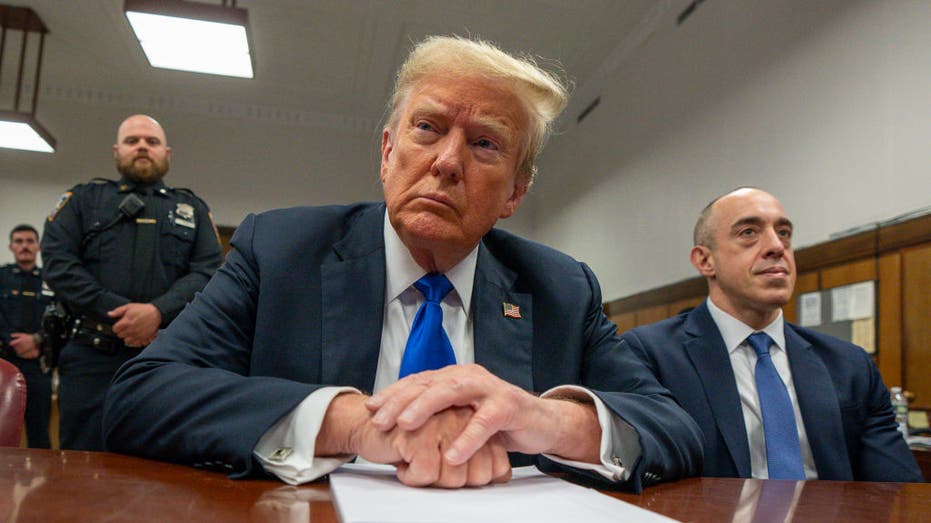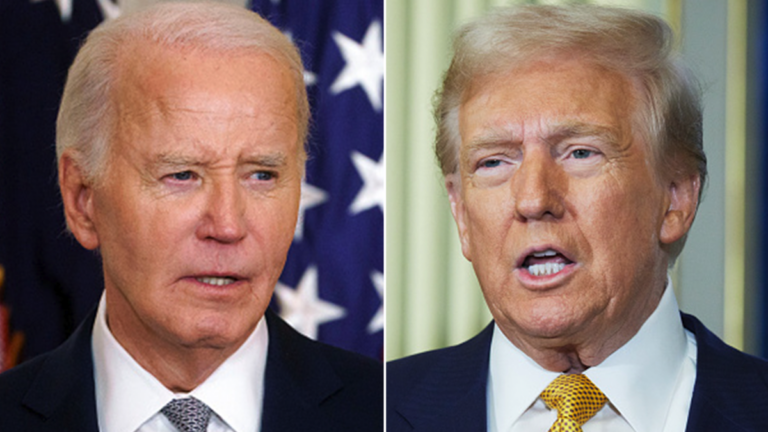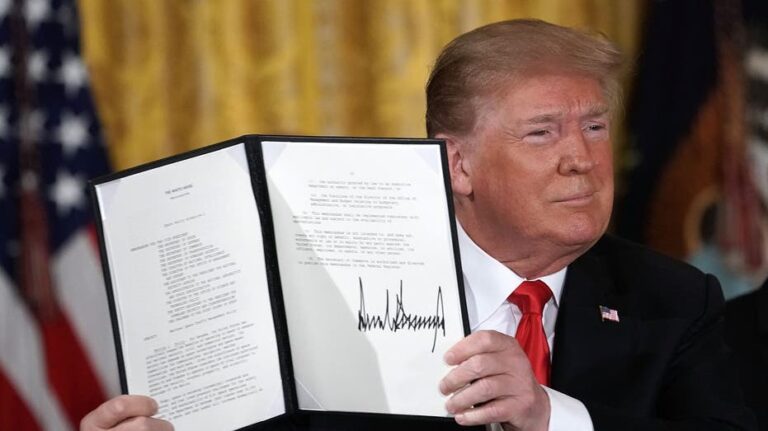
Voters were clearly disturbed by the Democrats’ practice of using judicial processes as a political weapon.
Will Democrats learn the lawfare lesson? We’ll soon find out.
One week after former President Trump’s smashing victory, there is slated to be action in a New York State court, where the president-elect must still deal with 34 felony business-records charges on which a Manhattan jury found him guilty this spring. Judge Juan Merchan is expected to rule on Trump’s motion to vacate the guilty verdicts. Team Trump argues that, under the Supreme Court’s July 1 ruling that former presidents have presumptive immunity from prosecution for official acts, the case must be thrown out because District Attorney Alvin Bragg recklessly chose to include official-acts evidence in the prosecution.
Merchan, an activist Democrat, has ruled against Trump with numbing regularity throughout the proceedings. Past being prologue, we should expect Merchan to deny Trump’s immunity claim. Then things get interesting.
Merchan anticipates not only issuing his immunity ruling on Tuesday but imposing sentence on the president-elect on Nov. 26. And although the case is absurd — alleging that Trump falsified his business records to conceal a legal non-disclosure agreement — the judge indulged the D.A.’s farcical contention to the jury that Trump had conspired to steal the 2016 election. That ratchets up the pressure on the court to impose a prison sentence of some duration.
Naturally, Trump never wants to be sentenced, and certainly not in his moment of triumph. On that score, he has some cards to play.
CLICK HERE FOR MORE FOX NEWS OPINION
Unlike most claims of error in a criminal trial, immunity is supposed to be immediately reviewable by higher courts — the defense does not have to wait until after conviction and sentence to appeal. Indeed, that is why Trump’s federal election-interference case in Washington, D.C., has been in suspended animation for nearly a year. Hence, Trump lawyers will argue that they should be able to appeal Merchan’s immunity ruling before sentence is imposed — to the two levels of appeal in New York, and potentially to the U.S. Supreme Court. That could take a year or two.
Bragg will counter that this is the unusual situation in which the immunity issue did not become consequential until after the trial was over; therefore, the argument will go, it would make more sense to proceed with sentencing and then let the case go up on appeal, with Trump able to raise immunity in addition to the many other appellate claims he anticipates.
WORLD LEADERS REACT TO TRUMP VICTORY ‘ON HISTORY’S GREATEST COMEBACK’
It will be interesting to see what the New York courts will do with that.
Understand, Trump is not going to prison even if Merchan metes out an incarceration sentence. Though the charges are felonies, they are not sufficiently serious under New York law to merit immediate detention; Trump will get bail pending appeal.
Given that Trump is not going to be sent to Rikers Island by a Manhattan judge in any event, it would be prudent to postpone the sentence and allow Trump to pursue his immunity appeal. That would avoid the unseemliness of subjecting the next president of the United States to a criminal conviction and sentence when he is about to take office.
If the appellate courts do not put the sentencing on hold, Trump would remain at liberty while the case is on appeal — a process that will take well over a year.
Under those circumstances, the Justice Department should urge the courts — at the state level, and federal court if necessary — to suspend further proceedings in the New York criminal case until Trump’s presidency has concluded.
This would not place Trump above the law. It is not that the case would disappear; it would merely be held in abeyance so that the state is not in the position of interfering with the federal government’s capacity to govern — which is the principle at the heart of the Constitution’s supremacy clause.
All that said, the case should disappear.
One would hope that the lesson Democrats take from Trump’s sweeping victory is that lawfare is un-American. Voters were clearly disturbed by the Democrats’ practice of using law-enforcement and judicial processes as a weapon against their chief political adversary. Democrats would do well to assimilate that lesson and to avoid pressing ahead with lawfare after Americans returned Trump to the White House despite these allegations.
President Biden could provide a powerful example of statesmanship — he could finally, on the cusp of leaving office, act like the unifying president he promised to be at the start — by pardoning his predecessor and successor. It would certainly make it easier for the nation to accept the president’s inevitable pardon of his son, Hunter, who is awaiting sentence on gun and tax charges. It could also provide the political space Gov. Kathy Hochul would need to pardon Trump over the caterwauling of New York progressives — hopefully, Democrats are reading the returns showing inroads Trump made with their traditional constituencies in the Empire State.
Lawfare was terrible for the country. The resounding win Americans have given Trump should be its death knell.





